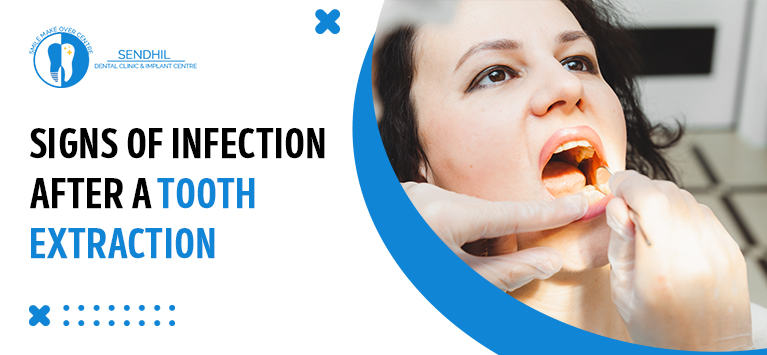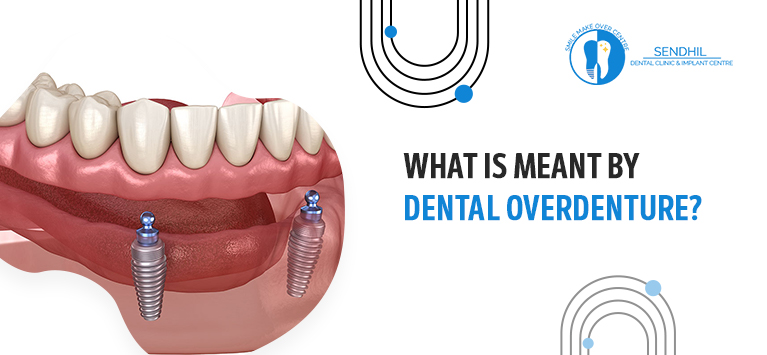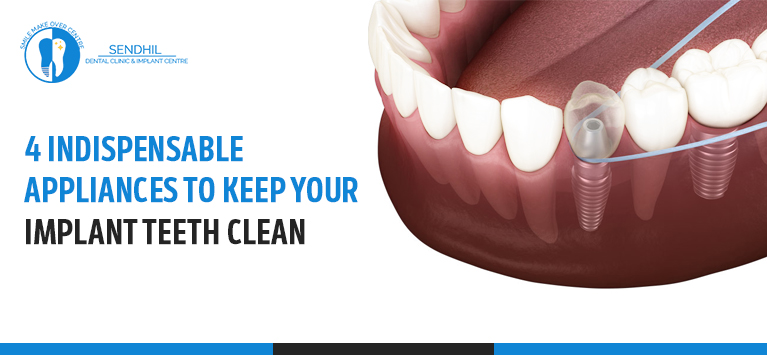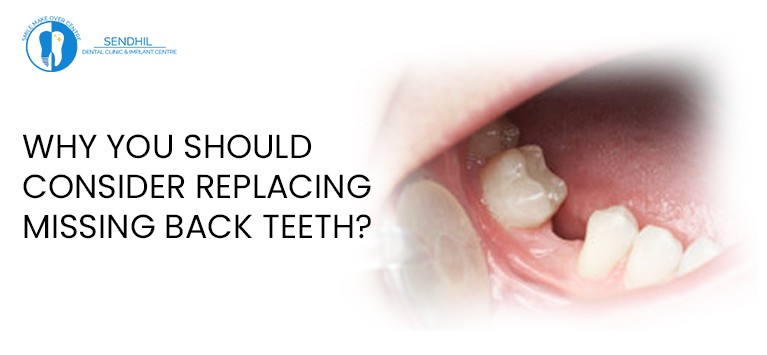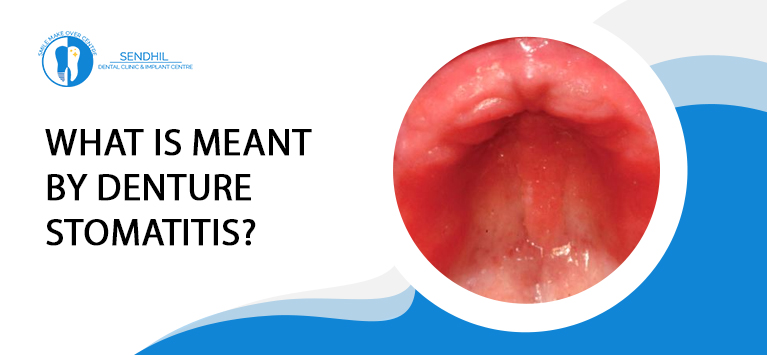
What is meant by Denture Stomatitis?
Denture Stomatitis (or) Denture-induced Stomatitis is a common condition that triggers soreness in the mouths of denture wearers. If you notice redness, swelling in your mouth after wearing the denture teeth for a long time, you might have denture-related stomatitis. Don’t worry. You are not alone. About 70% of people with denture teeth have developed stomatitis.
Even though it happens due to microbial infection, it is neither life-threatening nor contagious. Keep reading to know more about this.
Table of Contents
What causes Denture-related Stomatitis?
Usually, oral stomatitis is caused by a yeast called Candida. Everyone has a small amount of candida in their mouths thereby this infection is not uncommon. However, it becomes problematic when there is an imbalance, followed by the overpopulation of yeast.
People who wear denture teeth are more likely to be affected by stomatitis. As the false teeth set covers the wearer’s oral tissue for a long time, it soaks in the saliva constantly so that it acts as a petri dish for microbial accumulation.
Besides such yeast overgrowth, various factors are also responsible for denture sores or denture-induced stomatitis:
- Poor-fitting dentures – If you do not wear dentures properly, it applies pressure over the mucosa and irritates the surrounding oral tissues. It causes reddish, and puffy tissues and causes soreness in the mouth.
- Poor oral hygiene – Needless to explain, you might know that inefficient oral hygiene activities lead to a proliferation of bacteria. For denture and other oral appliance wearers, the microbes deposit over the appliance and irritate the tissues.
What are the other risk factors of denture stomatitis?
If you wear denture teeth, various habits and body conditions increase the risk of stomatitis. The important risk factors include:
- Diabetes
- Nutritional deficiencies
- Smoking
- Alcohol consumption
- Endocrine Dysfunction
How does denture stomatitis look like?
Denture-related stomatitis is identified with swollen tissues that follow the outline of the denture. At times, there will be slight bleeding in the inflamed tissues. In most cases, it is asymptomatic but it exhibits some additional symptoms like:
- Inflammation in the corners of the mouth
- Bad breath
- Difficulties in swallowing
- White or red patches in tongue, gums, and cheeks
How do dentists diagnose denture-related stomatitis?
Dental doctors can identify denture stomatitis with its clinical appearance (i.e.) pattern of redness in your mouth. Similarly, the swab on your denture surface is also taken and assessed in the pathology lab for confirmation.
It helps in detecting if a denture wearer develops stomatitis due to other underlying bodily disorders.
What are the denture stomatitis treatments you have?
You have 3 types of in-office dental treatments to get rid of denture stomatitis. Depending on the severity of the infection, your dentist would recommend the right one.
- Anti-fungal medications – Anti-fungal treatment is the first solution to treat oral stomatitis. Taking the prescribed medications and applying ointments over the infected area will combat the microbial infection.
- Laser therapy – A low-energy laser treatment will be recommended if anti-fungal treatments cannot fix denture stomatitis.
- Surgical treatment – The puffy tissues will be accompanied by small nodules if denture stomatitis is left untreated. Then the infected tissues should be extracted surgically.
Bottom line
Denture-related stomatitis is a common, asymptomatic condition that is identified with reddish and inflamed tissues underneath the dentures. Accumulation of microbial agents like yeast over the denture’s rough acrylic surface is the main reason behind it. It is more common in upper and full mouth denture wearers than in those who wear lower denture teeth.
If you want to avert this problematic condition, follow the denture care activities properly as prescribed by your dentist. In the meantime, clean your mouth efficiently as well.


